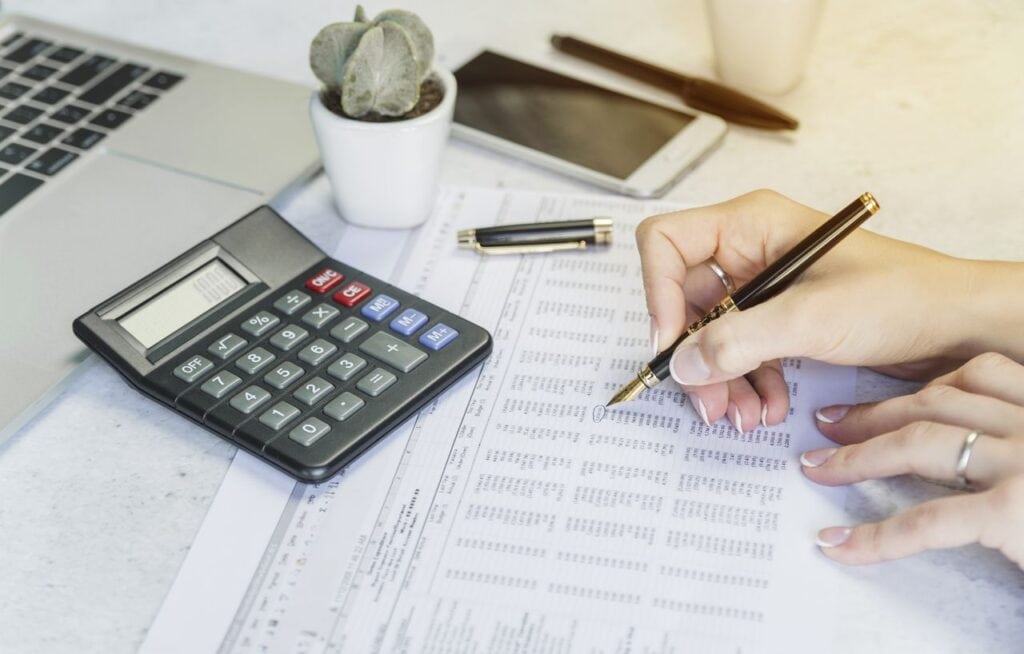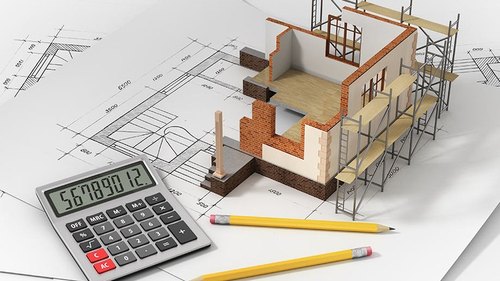Simplifying Real Estate Taxes in Pakistan
You Need To Learn To Earn

Quick Tips On Real Estate Taxes in Pakistan
Real Estate Taxes in Pakistan keep changing every second or third year. It is sometimes complex for the common person to understand.
Though it may not be difficult for the dealers but strangely, they hardly educate their investors and customers on the real estate taxes and charges.
I guess this is the key to make things transparent and this is how one can develop trust with the customers for their next deals.
For the last 10 years there have been more than 3-5 changes in the real estate taxes in Pakistan.
However, I will like to stick to the latest changes as per the Budget in 2022 – 23, which have come in effect from 1st July 2022.
Context about Real Estate Taxes in Pakistan
In order to develop the overall context, I will explain some background
Primarily there are two parties:
- The Buyer
- The seller
- The third party is the dealer/consultant who helps to facilitate the transaction.
Some taxes are applicable on the buyer and some taxes are applicable on the seller.
Property Valuation Rates
There are three types of property value tables as a basis for real estate taxes in Pakistan.
- First is the DC value (District Collector) which is determined at a provincial level and as per the provincial government approved valuation table.
- Second one is the FBR property valuation table, which is determined by the federal government for the property values across all the major cities of Pakistan.
- Third is the actual market price of the plot or house.
Please note the DC value and FBR values tables are still somewhat lower than the actual market prices of the property.
DC value is still at around 50% - 60% of the market prices.
FBR valuation table is now around 70-80% of the market property value.
In both cases, they are less than the actual market value. That means the basis for calculation of taxes are the DC and FBR value tables. Therefore, the amount calculated is always less than if it is applied on the market value.
History of these property value tables

For the broader context, please also note that internationally in foreign countries, there is no such thing. There is only one property market rate and the actual transaction value on which the taxes are calculated.
However, we are living with parallel separate ways of real estate taxes in Pakistan.
It has its own pros and cons within Pakistan.
However as compared with the international practices, in Pakistan taxes are reduced.
Buyer Taxes and Charges
- Stamp Duty : 1% of the DC value
- Advance Tax (Filer): 2% of the FBR value
- Transfer Charges: It varies from developer to developer
- Society Membership Charges: It varies from society to society.
- Sale Agreement Charges: 10,000 – 20,000
- Documentation Charges: PKR 5000 to PKR 10000
- Dealer Commission Charges: 1% of the property market value
Seller Charges & Taxes
- Capital Gains Tax CGT): 2.5 – 15% (for 6 years)
- Deem Tax (Filer): 1% of the multiple properties valuating 25 M + each
Application of Taxes - Example
I will provide you the example below:
DHA Phase 6 – 1 Kanal plot
- DC Value: 15,000,000 (1.5 Crore)
- FBR Value: 17,000,000 (1.7 Crore)
- Market Value: 30,000.000 (3 Crore)
Buyer Charges
- Stamp Duty 1%: 150.000
- Advance Tax: 2%: 340,000
- Transfer Charges: 155,000
- Membership Fee: 50,000
- Sale Agreement: 16,800
- Documentation Charges: 5000
- Dealer Commission: 300,0000
Seller Charges
- Capital Gains Tax: (2.5 – 15%) in sold in 6 years:
- Deem Tax: 1% of Market value (above 25 M value property): 300,000 (if plot file not constructed yet)
Filer vs Non-filer

Above example simply shows the filer rates. For non-filer, the rates have even increased exponential making it 5% Advance tax, which was earlier only 2%.
Please note that these real estate taxes in Pakistan are required to be explained to the buyer and sellers of the properties. And even better what they stand for and why are applied.
The real estate consultants and dealers should be educated enough to give the complete answers to all the questions for the buyers and sellers of the properties.
Pakistan has seen huge investments in the real estate sector, and especially, the overseas Pakistanis are very prone to invest in Pakistan real estate where they want safe and secure investment through educated, honest and trustworthy real estate consultants.
It is good news that gradually there are positive developments in reforming and uplifting the real estate sector in Pakistan and now more and more educated people are entering in the real estate to make it their profession.
The training and education is the key aspect in making any business work better and smarter.
Summary
It is hoped that understanding real estate taxes in Pakistan is now easier.
Though it may not be very comprehensive guide, but the purpose was to give the quick overview of the real estate taxes in Pakistan for easy understanding for all.
You may also read another good article on Recent Real Estate Taxes in Pakistan